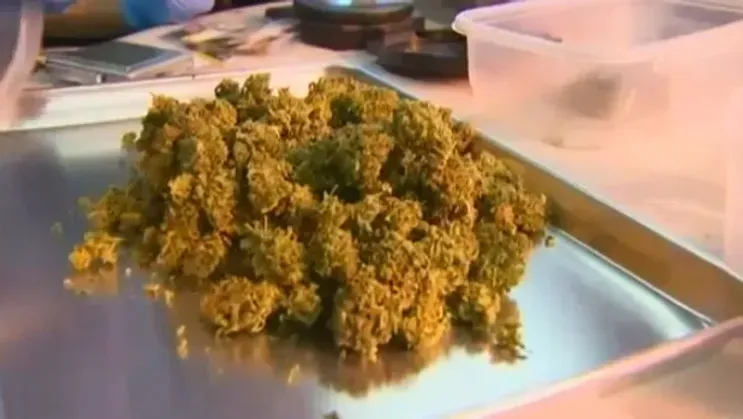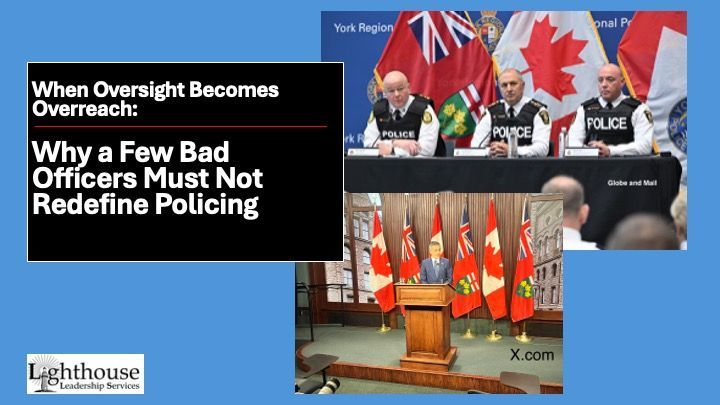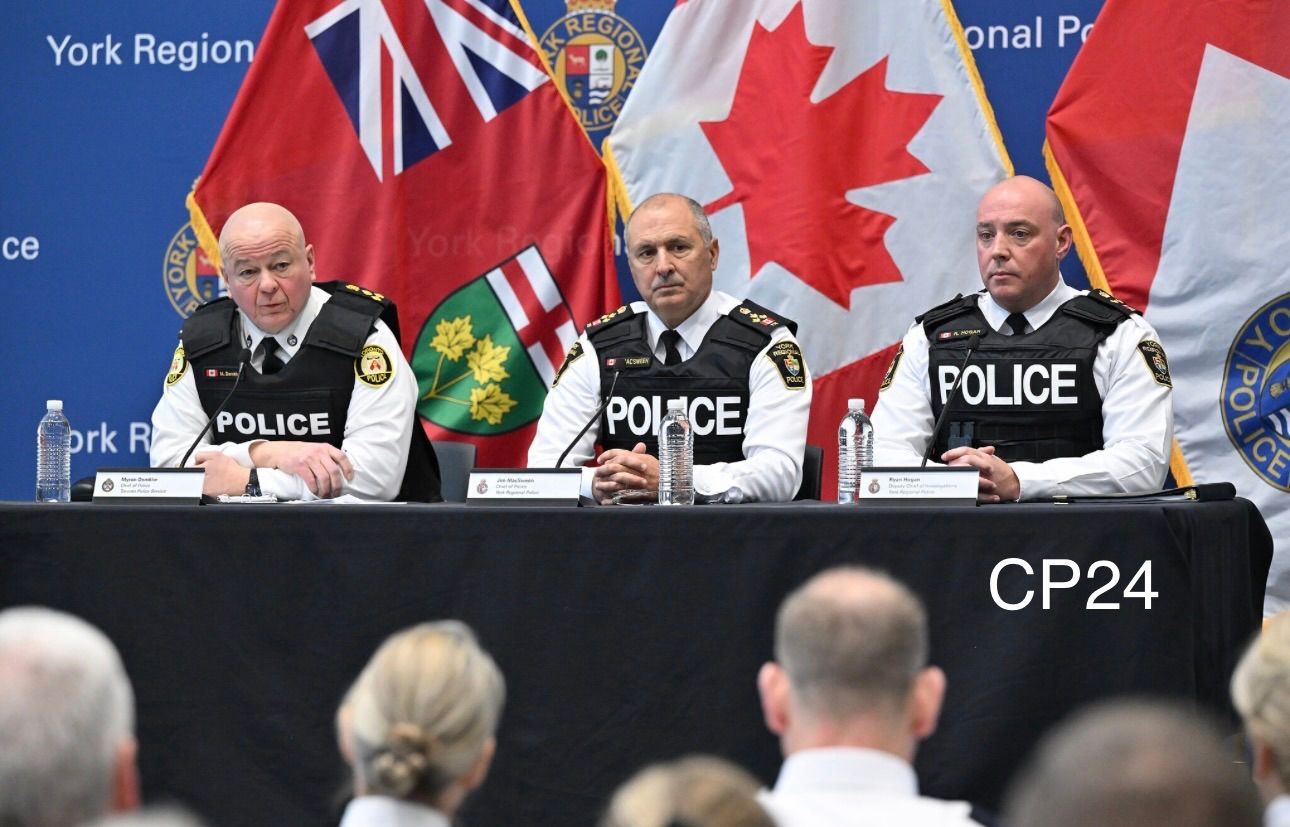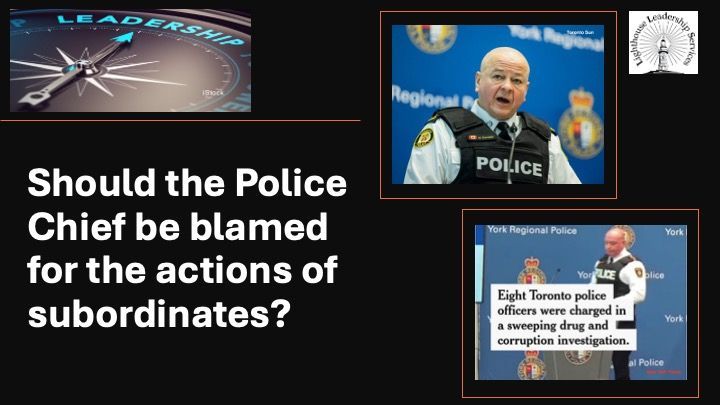New Paragraph

I’ve had my say on the marijuana legalization debate during a number of interviews and in my October 5, 2015 article: Op-Ed: Decriminalization versus legalization of pot.
Although I did not agree with the old enforcement model whereby people of any age could obtain criminal records for life over possessing a few joints, I also do not support the federal government’s direction on legalization. However, I fully understand that the marijuana legalization ship is well under sail. But while discussing the related issues recently with some former police co-workers, I felt my blood pressure rise once again over what I believe are blatant matters that are being somewhat misrepresented through federal government spin.
One former colleague – and probably one of very few current or former police chiefs in Canada that support legalization, MP Bill Blair, stated publicly at an April 13, 2017 press conference that: “It will be far more difficult for kids to get access to it when this new regime is in place, than it is today.”
He went on to say, “Today, the decision to sell or not to sell to that child is often being made by a gangster in a stairwell.”
Sorry Bill, it is not that cut and dry.
I tried smoking marijuana in my teenage years. I also tried alcohol. What scared me away from pot was the fact that it was illegal. I could easily buy it from fellow students in the locker room, who although were breaking the law were far from organized crime thugs in a dimly lit stairwell, but I did not want to risk getting a criminal record, so I didn’t. But I certainly didn’t mind helping myself to the alcohol in my parents’ home on occasion or having friends who at least looked of age purchase it through the LCBO on my behalf. That was my thought process. I know many of my friends at that time felt the same way, so many of us shied away from pot. All of the former colleagues I recently spoke to operated under that exact same mindset when they were in their teen years. Will our decision-making model of old not apply to the youth of today while accessing legalized marijuana?
When the new regime is implemented and many parents of Canada’s youth are purchasing pot legally (or in an alley somewhere) and it is now in their homes and often as accessible to kids as my father’s liquor cabinet was to me, what will the new-age decision-making process be? I predict that many more kids will try marijuana than ever did when I was a teen so many decades ago. The argument that it will become harder for young people to access marijuana makes little to no sense. It will be in fact easier for them to obtain. It will be everywhere.
Mr. Blair also stated publicly that “we need to be able to compete effectively with organized crime and take this business away from organized crime.” Yes, I agree organized crime will lose some of their marijuana sale profits, but in the competitive marketplace, they will always offer a much cheaper product for pot consumers.
Cigarettes have been legal for years and organized crime has still made zillions of dollars by undercutting legitimate manufacturers and government taxation schemes. When illegal cigarette manufacturing started to flourish in the early 1990s, it was completely impossible for licensed tobacco companies to compete against their rock-bottom prices. However these off the grid plants were not subject to government standards; inspections; or licensing and tax fees. The illegal cigarettes of the day were well known of be of inferior quality and an even greater health hazard to smokers as a result. It was an accepted fact that manufacturers routinely swept excess tobacco off the floors of their plants and added it to the mixture – not caring for a minute about the additional chemicals, dirt and rat droppings that got caught up in the sweepings. But smokers still bought millions and millions of these poor quality and illegal cancer-sticks because they were cheaper.
The cost to legally grow pot will be astronomical. Government standards for cleanliness, equipment, content and security will be very costly to meet – and so they should be. Then add licensing fees and taxes to the mix. Organized crime groups will always undercut the legal grower’s prices and their business will flourish because of the reality that more citizens of all ages will smoke pot when they will longer have to worry about being prosecuted for simple possession. I'm not good at math, but a bigger market than ever and the ability to offer a product (although inferior) at much cheaper prices without the background checks required of legal growers and with little overhead = organized crime wins. People will still buy pot – most likely more people than ever, and many will not care about the source or quality when they can get more product for their money on the black market.
We know it’s coming – that’s a given. But let’s go into this with our red-rimmed eyes wide open.




